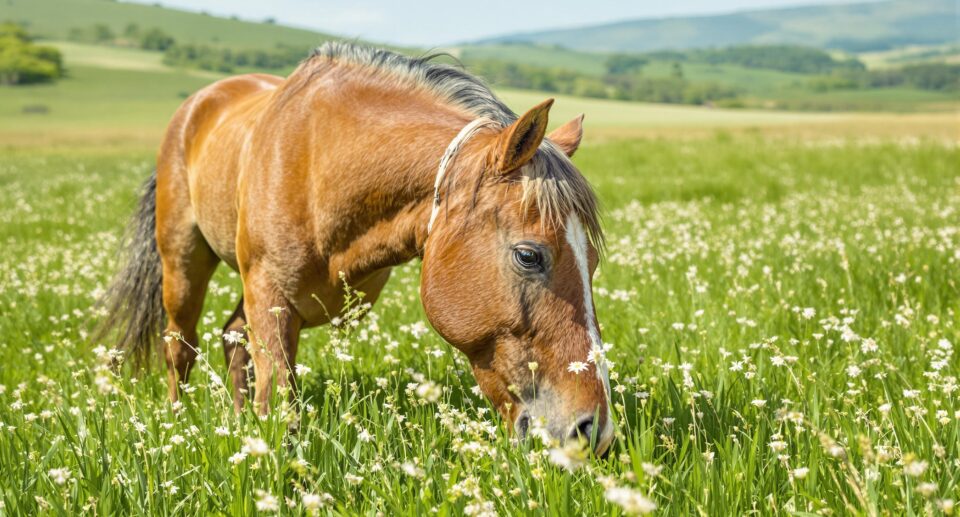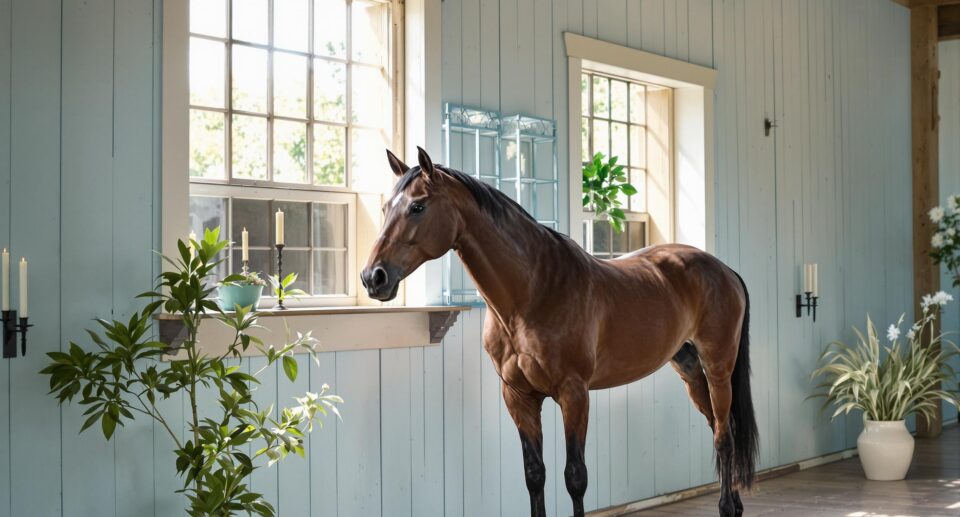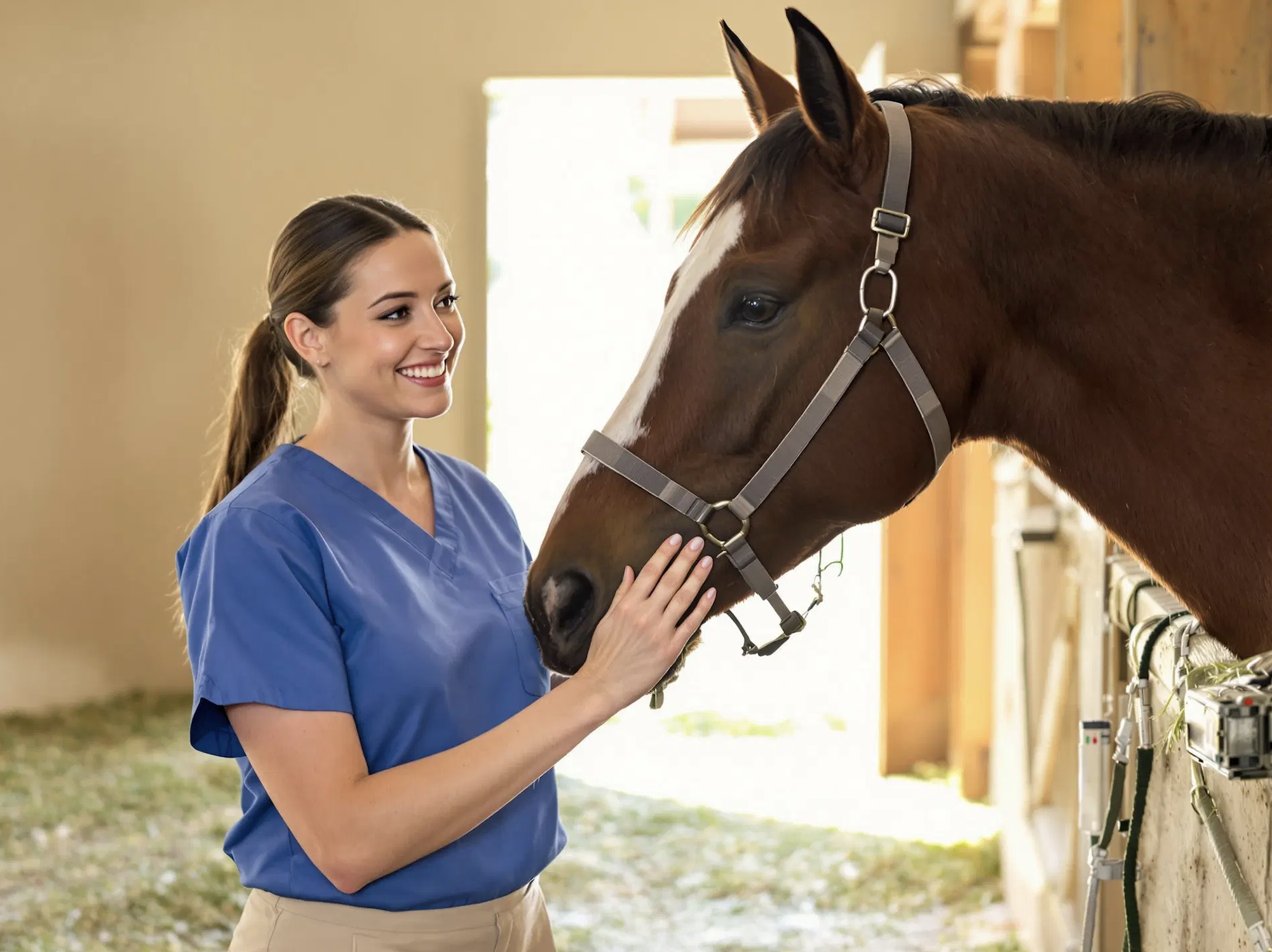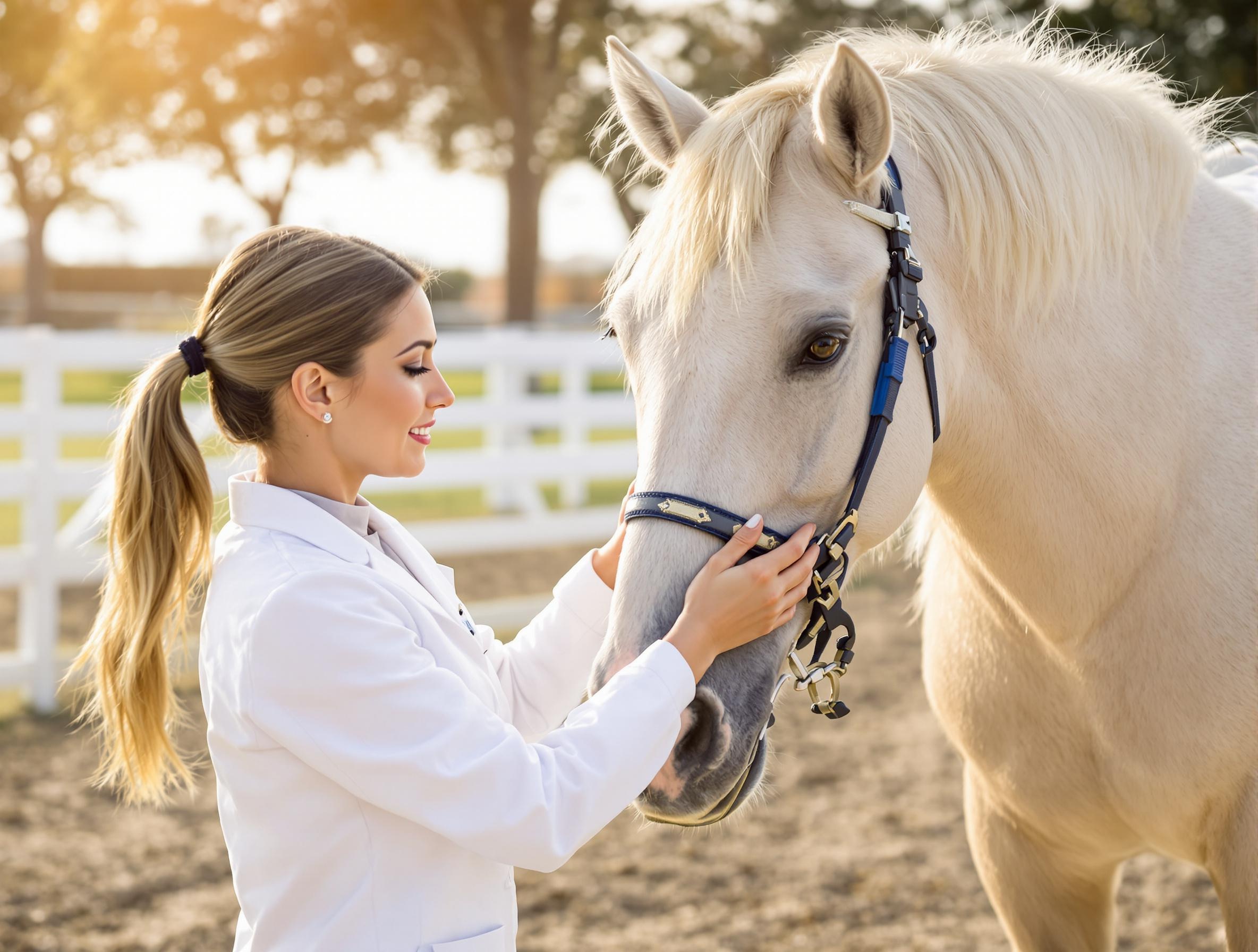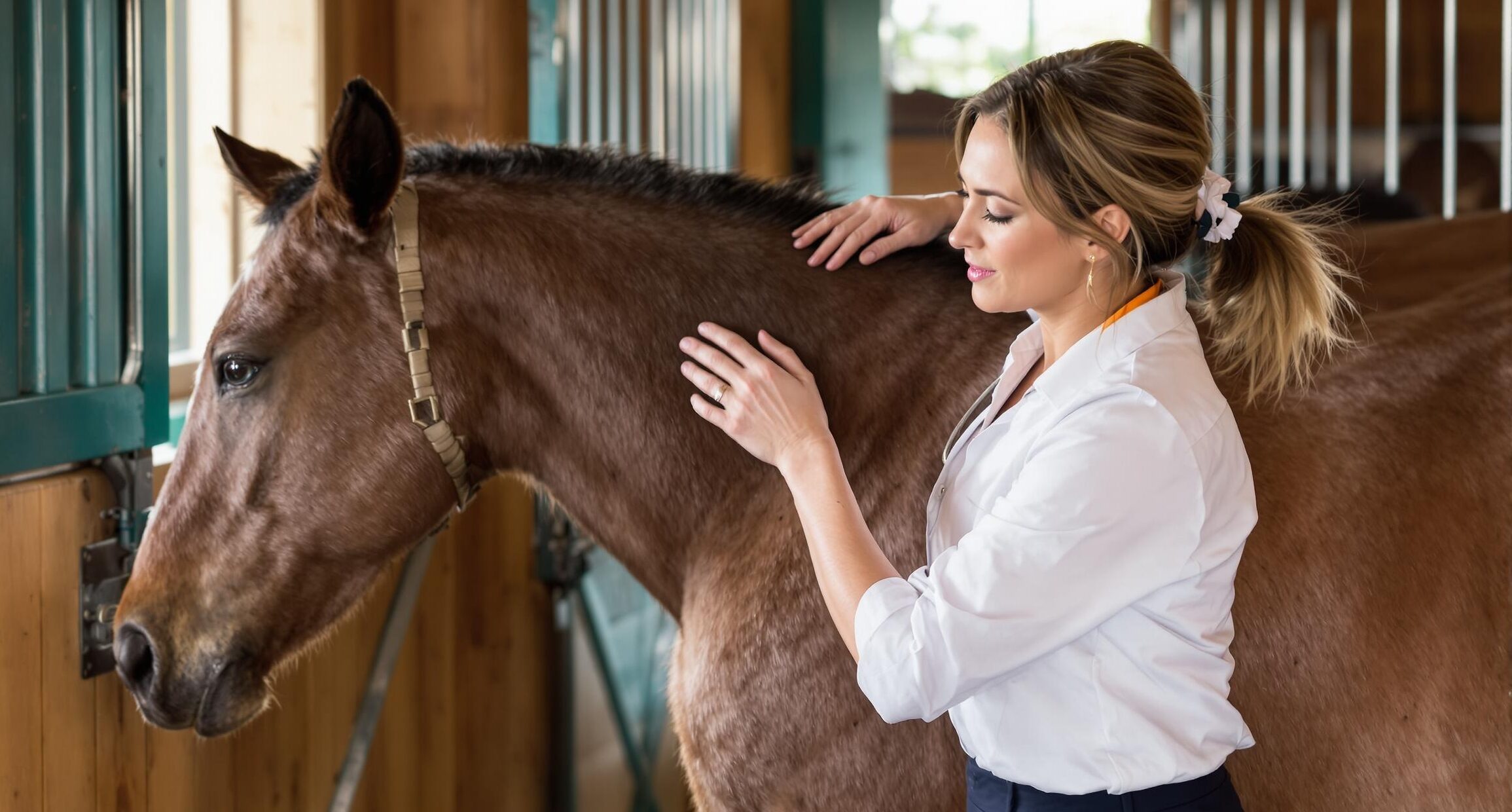How To Prevent Colic In Horses
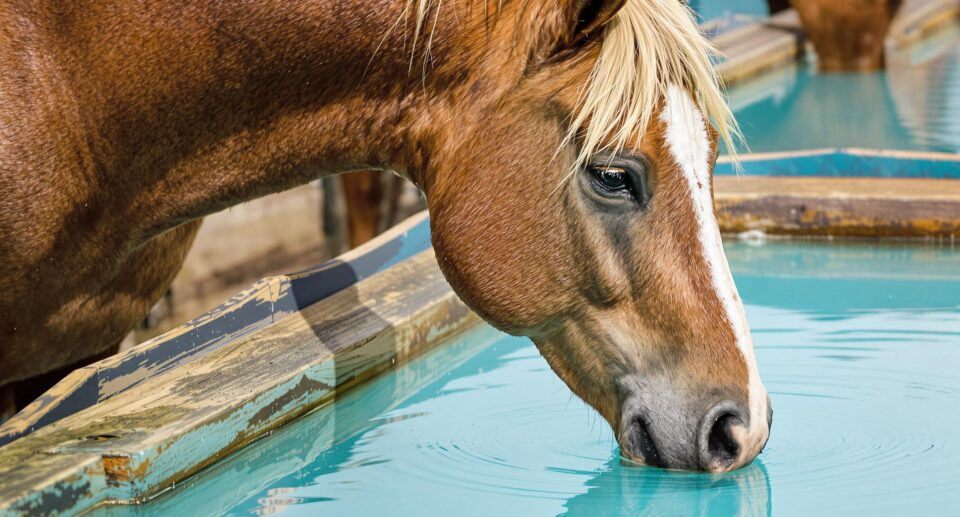
Horses have a simple, single stomach digestive system not unlike a human’s, though they consume about 20 pounds or so of fibrous hay and grass each day. It’s no wonder they are so susceptible to painful stomach issues.
Around 10% of horses will experience colic at least once in their lifetime. Colic is a general term for pain and pressure associated with a digestive issue like compaction or excessive gas buildup.
Ways To Prevent Colic In Horses
- Avoid feeding off the ground. Horses can ingest sand when they eat off the ground, or if there is sand in their hay, particularly when they live in sandy regions like Florida or Arizona. Sand or other foreign materials like gravel can cause impaction colic.
- Deworm regularly. Impaction can also occur if your horse’s gut becomes overloaded with parasites. Horses that are not dewormed regularly may have an impaction of dead worms when they are finally wormed.
- Give your horse 24/7 access to water. Make sure your horse always has fresh, clean water and ensure it doesn’t freeze over in the winter. Horses are especially prone to bowel impaction due to dehydration in the winter because they normally get much of their water intake from the moisture content in grass, which becomes unavailable to them in the winter, and they may be reluctant to drink frigid water.
- Avoid feeding grain. Feeding whole grain or corn feed has been shown to increase the risk of colic by 70% for each pound of grain. Grains tend to ferment in the hindgut, generating a buildup of gas. If you must feed concentrates, consider feeding your horse’s daily serving split up into smaller meals.
- Give your horse more turnout time. Horses that spend more time turned out to pasture are less likely to have a colic episode.
- Care for your horse’s teeth. Dental pain can alter the way your horse chews their food. Poorly chewed food can contribute to an impaction. Have your horse’s teeth floated at least once yearly and see your veterinarian if your horse shows signs of dental pain.
While many episodes of colic are preventable, some seem to occur for no particular reason. They can be caused by the stress of traveling, weather changes, or a new horse in the stable.

